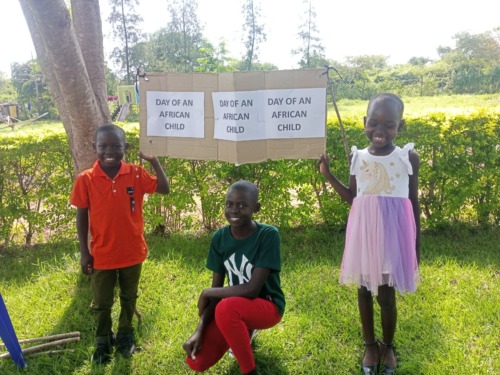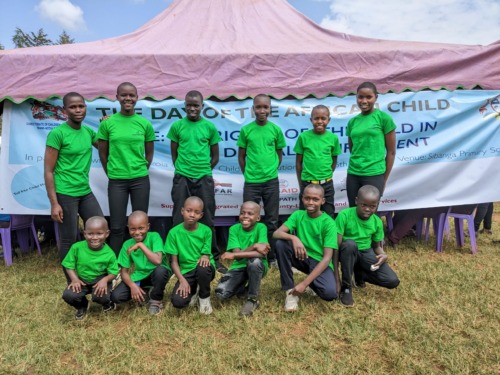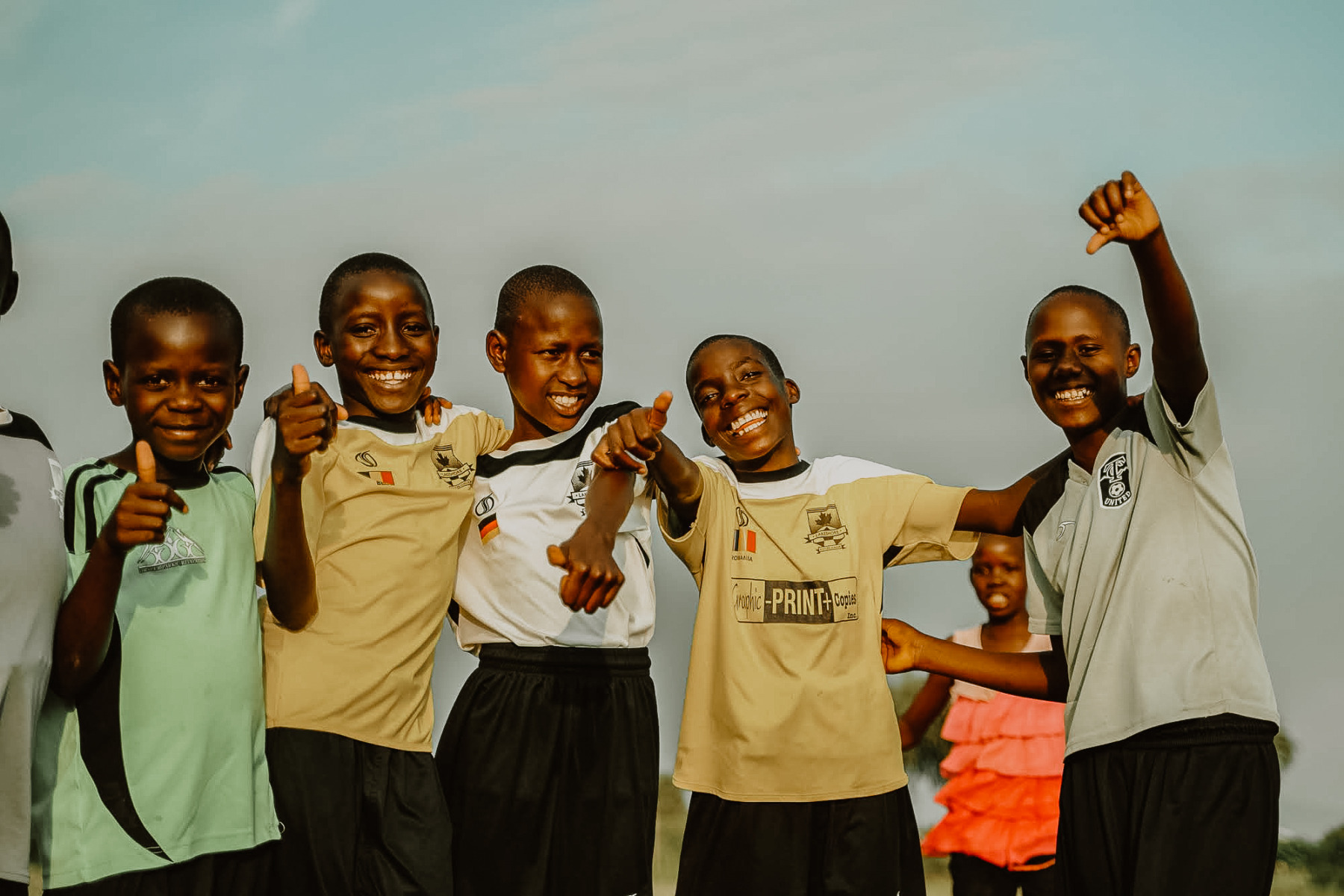Advocating for children’s rights is often a space occupied by adults. Those with greater spheres of influence have a responsibility to steward them well — in the case of adults, there’s a responsibility to care for the next generation and make the world generally a good place to be. Even still, it’s a special thing to hear a child championing their own rights. It signals an awareness of their own worth and agency to act. This is one of the many ways empowerment shows itself in the life of a child.

Several children in Horizon care advocated proudly — and poetically — for their rights at a local celebration honoring Day of the African Child last month. The Organization for African Unity (now the African Union) initiated the holiday in 1991, which is celebrated each year on June 16th. It was set to honor children killed in the South African Soweto Uprising on the same day in 1976.
Thousands of South African students were killed in this uprising against the apartheid government, protesting their mandated use of the Afrikaans language in school and instead demanding they be able to learn in their native Bantu language. Day of the African Child is an opportunity to celebrate the rights African children have gained over time, while highlighting challenges they still face.
A theme is set for the day each year. This year’s theme drew attention to one of the biggest barriers African children face: “The rights of the child in a digital environment.”
Digital literacy, along with access to technology, is increasingly vital in our world. Children and youth growing up without these things face additional difficulty navigating the job market, career opportunities and more. Even children who do have access to technology, but lack knowledge of how to best utilize it, experience challenges. This unequal access to digital technology is known as the digital divide. Africa experiences more inequality from the digital divide than any other continent: only 43% of the population were internet users in 2021, compared to 93% of North Americans (Internet World Stats).

Horizon children and youth in Kenya attended a local celebration of the holiday with Horizon staff, along with several other children’s organizations and government representatives. Children in attendance had prepared several performances for the crowds at the event, including poetry, acrobatics, songs and dances. Horizon children presented two original poems: “My fallen star” and “I have the right,” printed below.
Let the words of the children sink in. Ponder them. Listen. Then, let’s do something about it.
MY RIGHTS
I have the right,
The right of equality.
All races to be treated the same.
To be treated fairly.
I have the right,
The right be able to express my emotions.
Yell when I am angry –
Cry when I am sad.
This is a freedom that I have the right to.
I have the right,
The right to be free.
To not be forced.
To be independent,
Making my own ideas.
I have the right,
The right to be a child.
To be a grateful young person-
Not get a job at eight.
To have friends,
To have an education.

